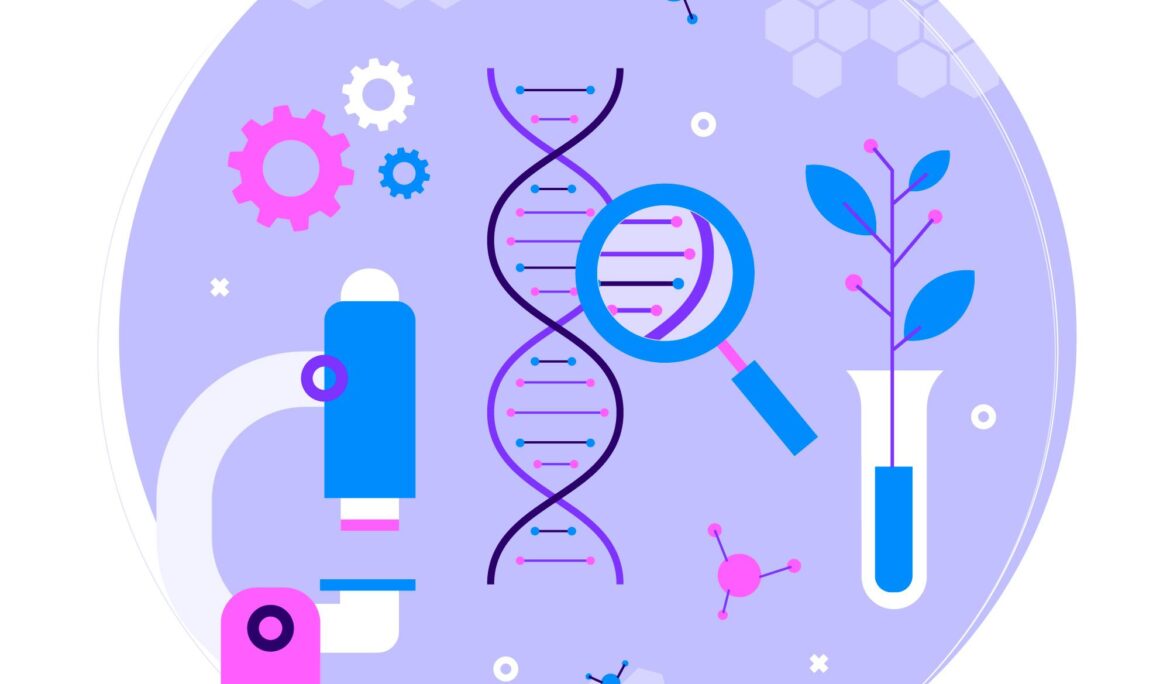Can Someone Else’s Umbilical Cord MKH Cause Allergies?


Umbilical cord MKH (Mesenchymal Kök Hücre) therapy has become a widely used treatment in regenerative medicine due to its ability to repair and regenerate tissues. However, one common concern among patients considering this treatment is whether using umbilical cord MKH from another person could cause allergic reactions. In this article, we will explore how umbilical cord MKH works, whether it can cause allergic reactions and the overall safety of this treatment.
What Is Umbilical Cord MKH?
Umbilical cord MKH refers to cells harvested from the umbilical cord after a baby is born. These cells are rich in regenerative properties and are often used in treatments aimed at healing injuries, improving fertility, and promoting overall tissue repair. Umbilical cord MKH is known for its ability to stimulate the body’s natural healing processes without the risks associated with invasive surgeries or synthetic drugs.
| Source | Characteristics |
|---|---|
| Umbilical Cord MKH | Collected after birth, non-invasive, rich in regenerative properties |
| Key Properties | Promotes tissue repair and regeneration, reduces inflammation |
Because these cells are derived from an umbilical cord, they are youthful and have a high capacity for growth, making them ideal for various regenerative treatments.
How Does Umbilical Cord MKH Work?
Umbilical cord MKH works by stimulating the body’s natural healing mechanisms. When injected into the affected area, MKH cells communicate with the body’s tissues, sending signals to promote repair and reduce inflammation. These cells also help regenerate damaged or aging tissues, making them highly effective in conditions such as joint injuries, fertility issues, and chronic wounds.
Steps in the Treatment Process:
- Cell Collection: Umbilical cord MKH is collected from the umbilical cord after birth.
- Preparation: The cells are processed and prepared for therapeutic use.
- Injection: The MKH cells are injected into the target area to begin the healing process.
| Step | Process |
|---|---|
| Cell Collection | Collected from the umbilical cord after birth |
| Preparation | Processed and stored for future use |
| Injection | Delivered to the target area for tissue repair |
Can Umbilical Cord MKH Cause Allergies?
One of the most significant benefits of umbilical cord MKH is its low risk of causing allergic reactions. This is because umbilical cord MKH is considered immune-privileged, meaning that the cells do not express certain markers that trigger an immune response. As a result, these cells can be used in different patients without the risk of rejection or allergic reactions.
Why Allergies Are Unlikely:
- Immune-Privileged Properties: Umbilical cord MKH does not contain antigens that typically cause immune system reactions.
- No HLA Matching Required: Human Leukocyte Antigen (HLA) matching is not necessary for umbilical cord MKH therapy, making it suitable for use across different patients without causing immune-related issues.
| Concern | Risk Level |
|---|---|
| Allergic Reactions | Very low due to immune-privileged properties |
| Rejection | Minimal risk, no HLA matching required |
Safety of Using Someone Else’s Umbilical Cord MKH
Using umbilical cord MKH from a donor is considered safe because these cells are less likely to cause an immune response than other types of cells. Since they do not differentiate in a way that could trigger an immune reaction, umbilical cord MKH has been successfully used in a wide range of patients for various treatments.
Regulatory Safety Measures:
- Umbilical cord MKH is thoroughly screened and processed to ensure it meets safety standards.
- These cells are stored in controlled environments to maintain their quality and effectiveness.
Benefits of Using Umbilical Cord MKH from a Donor
In addition to its low risk of allergies, there are several benefits to using umbilical cord MKH from a donor:
- Non-Invasive Collection: The collection process is painless and poses no risks to the donor or the recipient.
- Widely Available: Umbilical cord MKH can be banked and stored for future use, ensuring a steady supply of high-quality cells for various treatments.
- High Regenerative Potential: The youthful nature of umbilical cord MKH means that it has a high capacity for tissue repair and regeneration, making it effective in treating a wide range of medical conditions.
| Benefit | Description |
|---|---|
| Non-Invasive Collection | Safe for the donor and recipient, collected after birth |
| High Regenerative Potential | Rich in growth factors, promotes healing and repair |
| Low Risk of Rejection | Immune-privileged cells reduce the risk of rejection or allergies |
Who Can Benefit from Umbilical Cord MKH Therapy?
Umbilical cord MKH therapy is suitable for a wide range of patients, particularly those seeking advanced regenerative treatments for:
- Joint Injuries: Promotes the repair of cartilage and soft tissue, reducing pain and improving mobility.
- Fertility Enhancement: Improves ovarian function and egg quality, increasing the chances of conception for women with fertility challenges.
- Wound Healing: Helps heal chronic or non-healing wounds by promoting tissue regeneration and reducing inflammation.
| Condition | How Umbilical Cord MKH Helps |
|---|---|
| Joint Injuries | Promotes cartilage repair and reduces inflammation |
| Fertility Issues | Enhances ovarian environment and egg quality |
| Chronic Wounds | Accelerates healing for persistent wounds |
Conclusion
Umbilical cord MKH is a safe, effective treatment option with a low risk of allergic reactions or rejection, even when using cells from a donor. This advanced therapy has the potential to transform the way we approach healing and regeneration in modern medicine, offering hope for patients dealing with a variety of conditions.
Contact us for more information on how umbilical cord MKH therapy can support your health and recovery journey.



